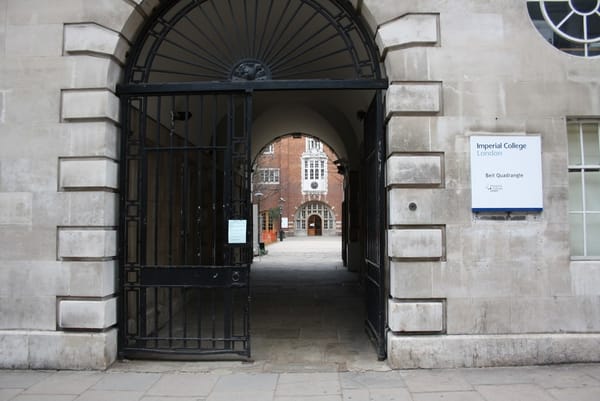Ukraine Revisited
Christy Kelly offers useful insight on the politics behind the current situation in Ukraine
Having written about the Ukraine when the events there were all just kicking off, I feel it is about time to return to the topic. Then I wrote full of youthful enthusiasm but now I shall have to take a more sober perspective. I could look at this (and to some extent I do) as a further sad confirmation that a Luxemburgist spontaneous revolution simply cannot deal with the Thermidorean reaction. But Ukraine was always a little more complicated: there is a distinct lack of any sense of ‘national’ unity in the country, and without this most efficient of banners to mobilise behind, the student protests in Kiev never really had any scope to advance beyond the modest middle-class movements which they were.
Of course, the reaction of the ‘international community’ – by which I mean the US and Western Europe – to the secession of Crimea has been typically hypocritical. All of a sudden, governments which had been falling over themselves to insist that the Orwellian ‘Right to Protect’ transcends so petty a thing as national state sovereignty, have rediscovered the importance of, umm, well, national state sovereignty... The ‘international community’ is aghast at this annexation which cost the life of one soldier. Yet the Americans supported the Indonesian ‘annexation’ of East Timor, with a human cost of perhaps 200 thousand lives, mainly civilian. Meanwhile, Brussels has remained obstinately mute about the continued military presence of Turkey on Cyprus. It was the 1967 land-grab which made Israel life-long friends with the US, while settlements continue to be built illegally on Palestinian soil. Yet when Russia conducted a murderous campaign in Chechnya, Clinton congratulated Putin on the ‘liberation of Grozny’.
This hostility towards Putin is new and very interesting. Russia’s actions, after all, are clumsy but quite understandable (in the admittedly narrow terms of geopolitics and IR). Russia is reacting to a quite real eastward thrust amongst NATO member states, and perhaps also sees recent American impotence as a sign that the US will not be capable of intervening, at least within Russia’s own ‘sphere of influence’. Syria and Edward Snowden were perhaps test cases. The hostile reaction seems to be a sign that US impotence is real. This might just be another example of American paranoia, there has been plenty in the past, but it is undeniable that after enjoying 25 years of global hegemony, the US can no longer boast the same share of world economic and military power it once had. It seems reasonable enough to assume that this will eventually be reflected onto the political influence the US can wield, and I believe we have seen the seeds of this here.
Ukraine has had the misfortune to be the stage on which these international tensions were played out. Ukraine is still recovering from the disastrous shock therapy imposed upon it after independence, and hardest hit was the industrialised East, always closer to Moscow, economically and culturally, than Kiev anyway. Politically, Yanukovych never enjoyed the legitimacy to make his Premiership safe in a notoriously divided country, but then the Orange revolutionaries only distinguished themselves through their self-obsession and incompetence. This power vacuum has sucked in Washington, Yatseniuk is clearly their ‘man’ – see the sinister conversation between Victoria Nuland of the State Department and Ambassador Geoffrey Pyatt, available on the BBC website, if you don’t believe me – at the cost of Germany’s interests (ex-boxer Klitschko will not be running for President), while Russia has responded by pushing West.
Defensive though Russia’s actions have been, the crudity with which they have been carried out has had horrific consequences for the people of Ukraine. Ignoring for now the growth of the far right after the secession of Crimea, Yatseniuk’s legitimacy has certainly been improved by what is, from Kiev, a blatant act of aggression on the part of Russia. Certainly the secession of Crimea would not have been possible without the 100 thousand Russian troops stationed on the border. Neither can Russia plead completely innocent for the ongoing violence in Ukraine, though we should note that the violence is both two-sided and in part a genuine expression of anti-Kiev sentiment, not purely a result of Russian agitation as the Kyiv Post likes to make out.
Finally, the IMF has now got its claws into Ukraine with Yatseniuk’s government instituting the very same economic policies which shrank Ukraine’s GDP to 50% of its Soviet level, increased corruption, created a space for the Mafia and decreased life expectancy. Events in the Ukraine have been dramatic, and the deaths in Odessa are too sinister to be tragic, but bad though the violence is, it will soon end. Yet when the smoke clears we may be left facing the rubble of another neoliberal shock.






